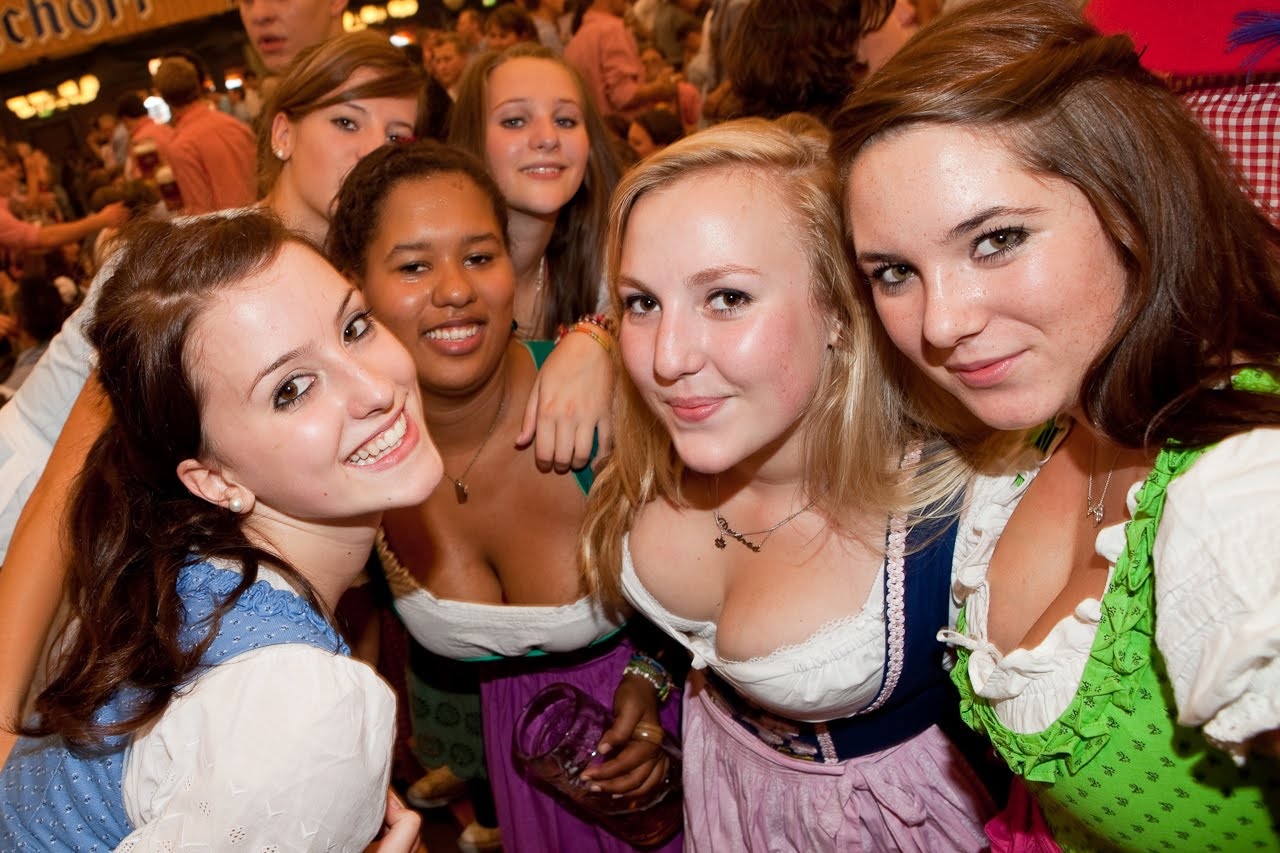BruceH
Mostly Retired
Hi,
I was stationed in Germany from 86 to 88. The local premium beer was Bitburger and the local house beer was usually Kirn Pils.
I enjoyed a variety of beers during the two years I was there but I have to say that the Bitburger I purchase in the states doesn't taste the same.
Fast forward to September 2017. My wife and I took a European vacation. The Heineken in Holland was much better than what is sold here. Warsteiner in Germany tasted better than what I buy here. Everywhere we went the beer was better than the same brand in the states.
One big surprise was in France. I order "whatever you think is the best beer" because I don't recognize any of the selections. The waiter comes back with a Kronenbourg 1664. It was one of the best beers I've ever had. Once I get back home and look for it I find that I can get it here. One big difference, it doesn't have half the flavor and it's in a green bottle.
Anyone else notice a big difference between what you get in Europe and what the same brand tastes like in the US? Don't even get me started on the crap Lowenbrau they sell here, it's so different from the German varieties.
I was stationed in Germany from 86 to 88. The local premium beer was Bitburger and the local house beer was usually Kirn Pils.
I enjoyed a variety of beers during the two years I was there but I have to say that the Bitburger I purchase in the states doesn't taste the same.
Fast forward to September 2017. My wife and I took a European vacation. The Heineken in Holland was much better than what is sold here. Warsteiner in Germany tasted better than what I buy here. Everywhere we went the beer was better than the same brand in the states.
One big surprise was in France. I order "whatever you think is the best beer" because I don't recognize any of the selections. The waiter comes back with a Kronenbourg 1664. It was one of the best beers I've ever had. Once I get back home and look for it I find that I can get it here. One big difference, it doesn't have half the flavor and it's in a green bottle.
Anyone else notice a big difference between what you get in Europe and what the same brand tastes like in the US? Don't even get me started on the crap Lowenbrau they sell here, it's so different from the German varieties.



![Craft A Brew - Safale BE-256 Yeast - Fermentis - Belgian Ale Dry Yeast - For Belgian & Strong Ales - Ingredients for Home Brewing - Beer Making Supplies - [3 Pack]](https://m.media-amazon.com/images/I/51bcKEwQmWL._SL500_.jpg)



































